Computer Programming for Beginners | Software Morality DRM & Patents | Ep32
It's important to discover all aspects of software and how it's controlled. A lot of people don't sit back and consider the restrictions on data and how it works.
DRM is a classic example, when we consider it's soul purpose is to stop piracy. Have you ever considered that simply having a screen and audio recorder could bypass all that encryption? Have you also considered the fact that pirated DVD's are not encrypted, so they can be played on a range of devices and can be backed up?
Now certainly piracy is illegal and immoral, as it's someone else's property that is being stolen. Even the law understands data is property. However here's the point, the people who've paid for the genuine DVD have region zones and encryption, possibly even being locked down to certain devices. However the pirated DVD you could make a copy of and play on any device.
So we've discovered encryption is just a waste of time. Why can't I make a backup? DVD's don't last forever, they do eventually fail. A lot of DVD's say it's illegal to bypass the encryption; but you can record the visual output and sound anyway which isn't bypassing encryption AKA decryption. If I make a backup and don't distribute it, which would be illegal, but instead I made a personal backup for myself. Have a crossed a moral line that I can never escape and morality is so absolute? ...Hopefully iTunes will do what it did for music to movies and also can get rid of all this locked down DRM which punishes oddly enough the genuine user and not the pirates.
Also another part of software morality is patents. Patents allow software features to be locked down. A good example is the popular GIF format which used a compression algorithm that was patented. Most web developers used this format not knowing it's patent encumbered on the compression algorithm used on that image. This mean't these web developers needed permission to put GIF images on their website's but they didn't even know about the patent. This patent was enforceable and they soon got contacted by Unisys which is the company who owns the patent. Unisys sued lots of web developers in some cases for thousands of dollars. This shows how software patents are dangerous to software developers and the users. Think, those GIF's where created from a graphics application. Did that application notify them of the patent? Nope, instead the user of that software, not the developer, exported GIF's and distributed them online infringing the patent potentially costing them thousands of dollars. So patents are dangerous!
Not only are software patents dangerous to programmers but also to users. Another good example is Microsoft had a law suite in which it lost due to patent infringement. However Microsoft wouldn't pay out and then the patent holder who sued Microsoft threatened to go after Microsoft's customers. This mean't Microsoft's users are under the same law and even though they didn't know it they too, could be sued. So in the end Microsoft had to protect itself and payed them out.
This is the danger of software patents, and why it's so important to remember not only does it stifle ideas, but also creates a monopoly on that software feature. Many people cry for alternative software and usually they want the features and ideas to be extended from other software applications. However the reason this doesn't happen for the most part is because there's a patent on that software feature. It's dangerous in stifling competition as well as programmers and users; all in all I'd say patents are an incredibly bad idea and should be removed.
Programming 101 course:
• Programming 101
This tutorial is brought to you by http://www.avelx.co.uk/ - Coding tutorials to help you grow.










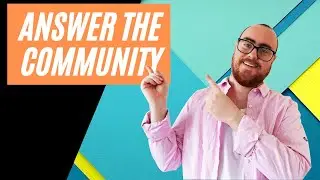

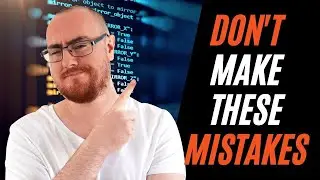
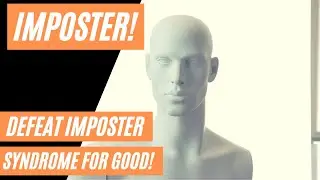

![Server VS Serverless, VM's In Serverless Architecture [DevOps Low Down]](https://images.mixrolikus.cc/video/8CSJSMNfjWo)
![Single Page Application Engineering [Atoms, Molecules & Organisms] 🙌](https://images.mixrolikus.cc/video/9nXl_D59bTw)
![How Web3 Makes The Blockchain FASTER [DevOps]](https://images.mixrolikus.cc/video/dkRXjXcY_ho)

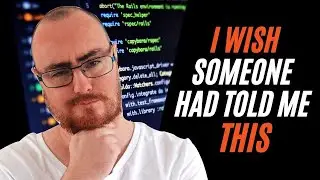
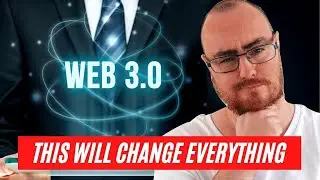
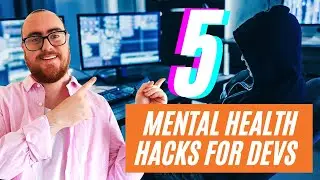

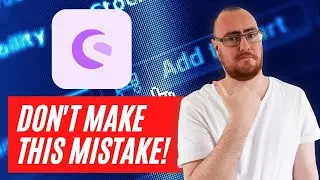
![FREE Javascript 6 Hour Full Course For Beginners 💻 [2023]](https://images.mixrolikus.cc/video/gYZhIVCPlFY)
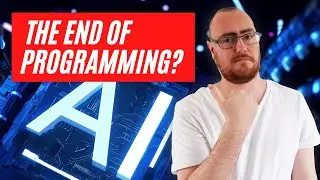

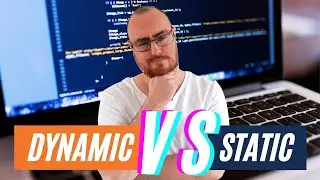

![EASY Vue 3 Composition API 🙌 [FULL TUTORIAL]](https://images.mixrolikus.cc/video/Pajw6WBeWr4)

